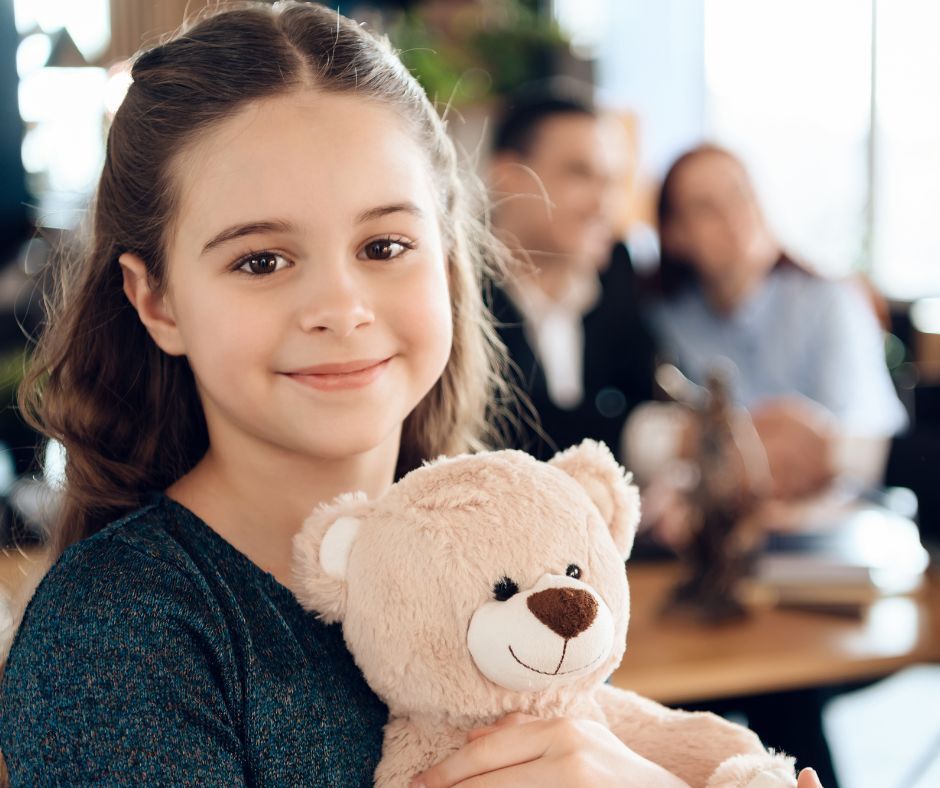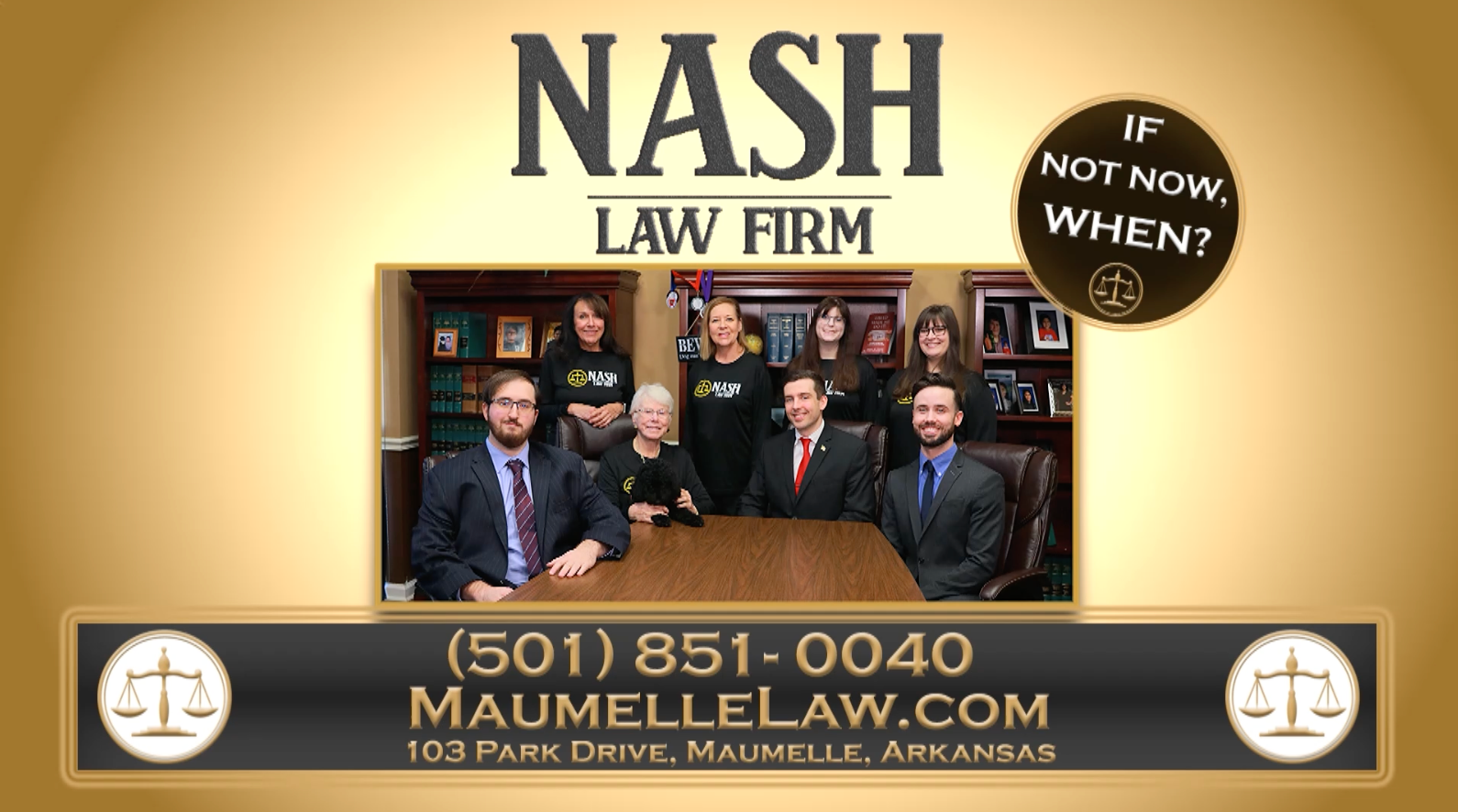Who Should I Name As Guardians To My Minor Children in my Estate Plan?
If you have minor children and want to name a guardian for them in your estate plan, it's important to know your options. You can generally choose anyone you want, but there are some factors that will affect how well a guardian may work out for your child.
There are many different ways to name someone as your guardian
You can name multiple people, including multiple family members and/or a friend, as co-guardians. This may be desirable if you want to ensure that two people have agreed on an important decision or action regarding the care of your children. However, if one of them becomes unable to make decisions on behalf of your child due to illness or death, then he/she will not be able to act alone in these situations.
You can also choose a professional organization such as a non-profit organization (such as a foundation) that specializes in helping children with special needs find homes and provide them with care when necessary.
You will want to avoid a major conflict of interest and the appearance of one.
When choosing your guardians, you will want to avoid a major conflict of interest and the appearance of one. You should not appoint anyone who is related to you or anyone who has a financial relationship with you. For example, if your uncle were named as guardian for your child and he was also named as executor in the estate plan, there would be an appearance problem because those roles are so closely linked.
It's best to avoid choosing someone who is related to you by birth or by marriage; this person may feel obligated to favor his/her family over others.
Your child's best interests should guide your decision.
You might need to consider:
-
The child's age, health, and maturity level. A minor who is only two years old may not be able to fully comprehend what guardianship means or how it will impact his or her life. On the other hand, a young adult with mental or physical disabilities might be unable to care for him- or herself independently without assistance from guardians.
-
The child's relationship with the potential guardian(s). If you have children from more than one marriage, you may have concerns about their interaction together if their new caregiver was someone that was close with only one parent. Isolation could negatively impact their development as individuals and as members of your family unit in general, so try to find a person who has been involved in all aspects of their life (and yours).
-
The potential guardian’s ability to handle this responsibility—both now and in the future—when caring for another human being becomes an intricate part of everyday life.
Your minor children may need to approve the guardian.
It's a good idea to have your child or children approve the guardian you've chosen. If they feel close to the person, they may be more comfortable with him or her than you are.
If a child is old enough, he should also be able to choose his own guardian—but in that case, it's essential that he understands the responsibilities and duties of being an adult. It's important for children who have been given this responsibility to understand what is expected of them as an adult and as an individual responsible for another person's care.
You can ask the court to appoint a guardian for your children if none of those listed above are willing or able to take on this task.
In summary
The best way to ensure that your minor children are cared for is to have a guardian in place. This person can help with financial planning, medical decisions, and other aspects of your child's life. You may even want to name multiple people as guardians in case one becomes unavailable or if there is any disagreement among them about what is best for your child(ren). If you have any questions about guardianship and how it can help your family, please contactour office. We have extensive experience in this area and are happy to answer your questions.









![Nash Law Firm Logo [click to return home] Nash Law Firm](https://lirp.cdn-website.com/8c4d5b2c/dms3rep/multi/opt/nashlogo_colorgray_horz-1920w.png)



![Nash Law Firm Logo [click to return home] Nash Law Firm Logo](https://lirp.cdn-website.com/8c4d5b2c/dms3rep/multi/opt/nashlogo_whgold_horz-1920w.png)

